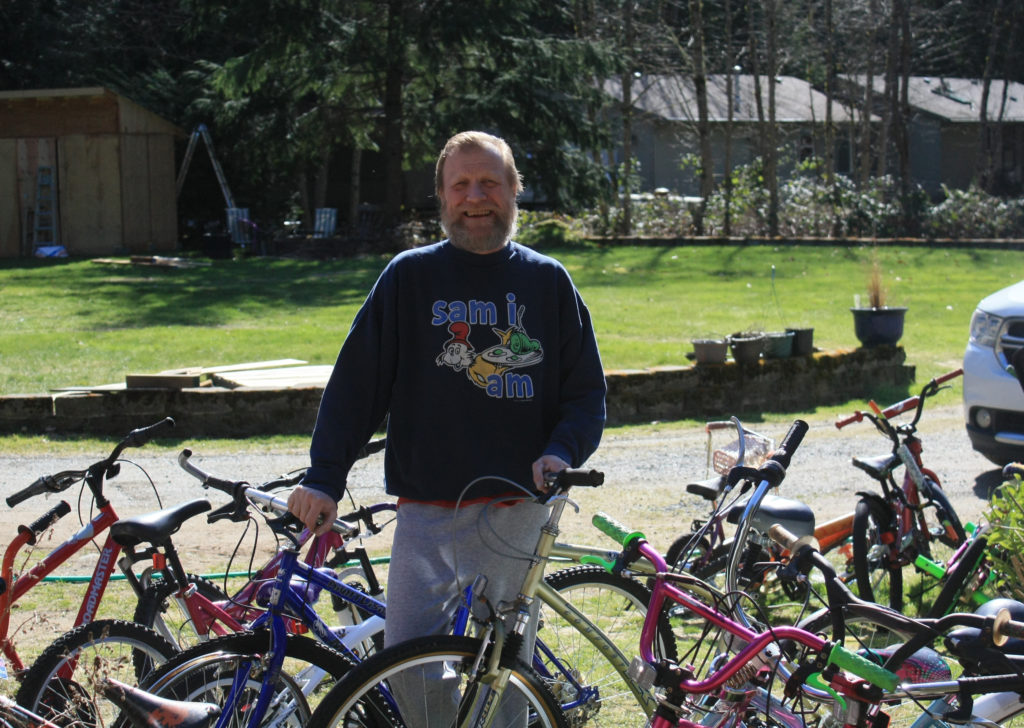
In an effort to combat childhood obesity we refurbish used bikes and donate them to the low-income youth in the Maple Valley and Issaquah area.
We are an organization that is dedicated to helping stop childhood obesity in low-income households. We do this by providing used refurbished bicycles as a means of fun exercise that instills a sense of healthy living. This along with Nutritional/health information will aid in reducing the childhood obesity crisis. our operating area, for now, consists of the greater maple valley area and including out to Issaquah with a plan to expand.
Bicycle Rescue for Youth was founded by Brad Belcher, a retired Boeing Technical Designer, in response to the childhood obesity issue that plagues the country.
The South King County has a large percentage of low-income families that can not afford bicycles. Low-income families typically have a greater incidence of obesity than the rest of the population.
Why Bicycle Rescue for Youth
- The childhood obesity problem is a major concern in today’s society
- This issue is more prevalent in underprivileged children
- Overall, kids today do not get the exercise necessary to maintain a healthy weight
- Low-income families tend to spend their food dollars on cheaper high calorie, high fat foods
- Rural children (especially rural minority children) experience poverty rates well over the national average
- Studies of rural areas have found that there is little open public space available
- About 29% of rural households with children participate in at least one federal nutrition program such as the School Breakfast
- Researchers have found that children living in rural areas are more likely to be overweight or obese than children living in urban Lower income neighborhoods
- Rural children have fewer physical activity resources, including fewer parks, green spaces, bike paths, and recreational facilities, making it difficult to lead a physically active lifestyle
- Research shows that limited access to such resources is a risk factor for obesity
- Low income youth are more likely to stay indoors and engage in sedentary activities, such as watching television or playing video games Low-income children are less likely to participate in organized sports. This is consistent with reports by low-income parents that expense and transportation problems are barriers to their children’s participation in physical activities
- Although there are other programs that touch on this issue, our approach adds additional elements not covered by these organizations
- Rural areas often have limited private and public healthcare opportunities that give access to childhood obesity interventions
- There are few destinations for physical activity in rural communities, and the distance between the home and these opportunities is a barrier for many
- Access to bikes gives kids more opportunities for healthy activities exploring the areas bike trails and back roads
- Bikes give kids transportation to libraries, community centers, parks, green spaces, bike paths, and recreational facilities that are available
- Kids who stay active are less likely to use drugs and alcohol